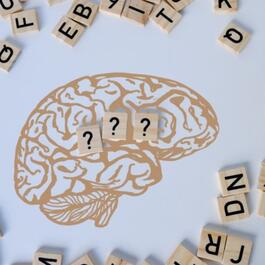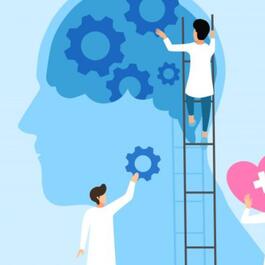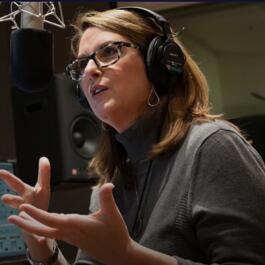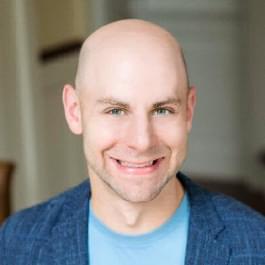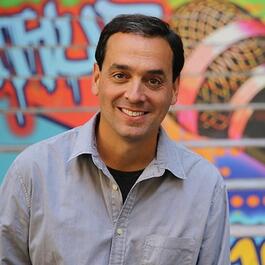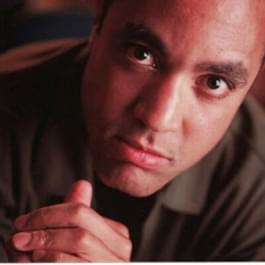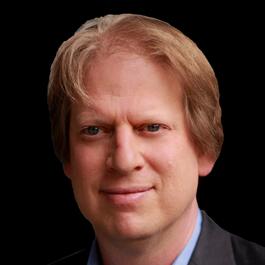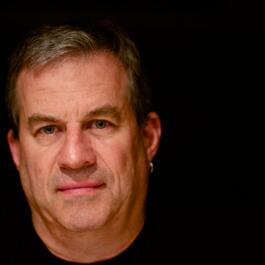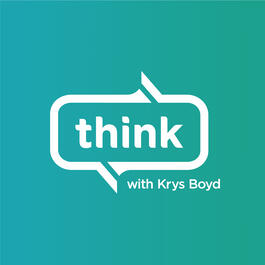
KERA's Think
Think is a daily, topic-driven interview and call-in program hosted by Krys Boyd covering a wide variety of topics ranging from history, politics, current events, science, technology and emerging trends to food and wine, travel, adventure, and entertainment.
Show episodes
If the 9-to-5 grind gets you down, maybe it’s time to do more with your life. Rutger Bregman, historian and co-founder of The School for Moral Ambition, joins host Krys Boyd to discuss why so many people feel like their jobs don’t make a difference in the world and how we can instead use our talent and education to foc
The phrase “Black girl magic” has deep roots in enslaved women’s lives. Lindsey Stewart is associate professor of philosophy at the University of Memphis, and she joins host Krys Boyd to discuss the medicine that stemmed from African traditions that was often more trusted than white doctors’ advice, how this magic was
“By Jove, I think I’ve got it!” A-ha moments can feel electrifying, but where do these bursts of insight come from? John Kounios is professor in the Department of Psychological and Brain Sciences and director of the Creativity Research Lab at Drexel University. He joins host Krys Boyd to discuss what scientists underst
The English language is full of words that both communicate and confound. Martha Barnette, co-host of the popular radio show and podcast “A Way with Words,” joins host Krys Boyd to discuss her love of language and all the myriad ways words bring us joy, how words can surprise and delight us, and why the meaning of some
Acing that Mensa test might not be the definite sign of genius you think it is. Helen Lewis is a staff writer at The Atlantic and host of the BBC podcast series “The New Gurus” and “Helen Lewis Has Left the Chat”. She joins host Krys Boyd to discuss why the very idea of “genius” is a social construct, why the label exc
The brain operates all of our thoughts, feelings and movements — and it also helps us adjust to a rapidly changing environment. This hour, host Krys Boyd is joined by three guests who will explain how we can regain our ability to focus and tame our overactive minds – plus we’ll learn all about the growing research into



